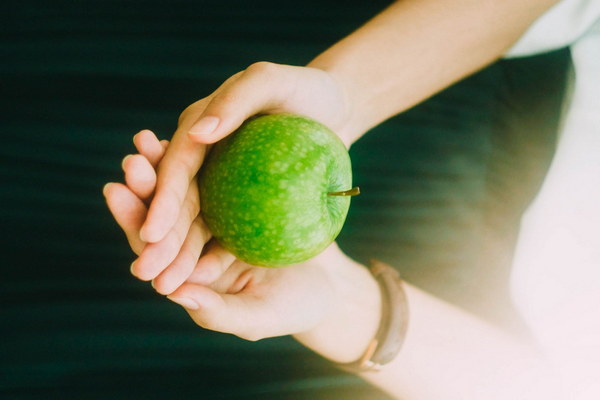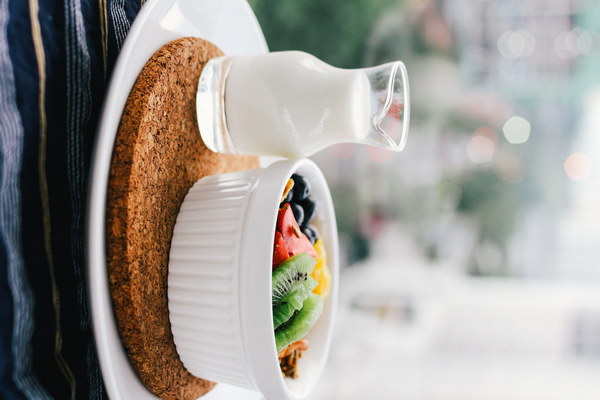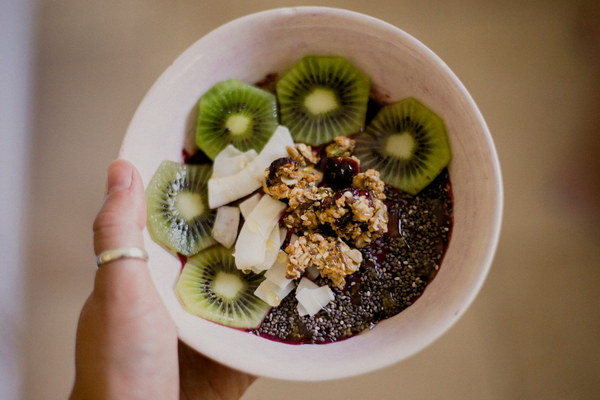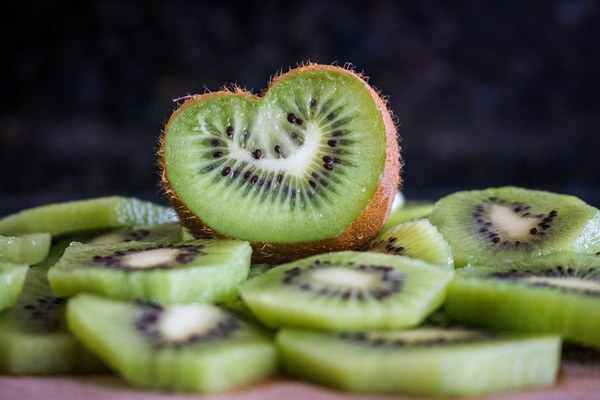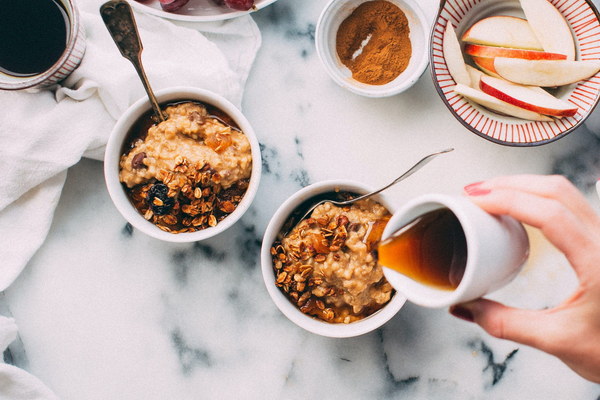Natural Remedies for Dampness Foods That Promote Moisture Balance
In traditional Chinese medicine, dampness is considered a common health issue that can lead to various imbalances in the body. It is often associated with symptoms like fatigue, bloating, and weight gain. While modern medicine may not recognize dampness as a distinct condition, there are certain foods that are believed to help alleviate dampness and promote overall moisture balance. Here's a look at some of these foods and how they can be incorporated into a diet for dampness relief.
1. Porridge (Congee)
Porridge, or congee, is a staple in many Asian cuisines and is particularly beneficial for those looking to combat dampness. Made from rice and water, it's easy to digest and can help to warm the body. Incorporating herbs like ginger, cinnamon, and cardamom can enhance its dampness-relieving properties.
2. Green Tea
Green tea is known for its numerous health benefits, including its ability to aid in digestion and reduce dampness. The high levels of antioxidants and polyphenols in green tea help to eliminate excess moisture from the body and improve overall metabolism.
3. Quinoa
Quinoa is a gluten-free grain that is rich in protein, fiber, and nutrients. It's considered a cooling food in Chinese medicine, which means it can help to alleviate dampness. Its nutty flavor and chewy texture make it a great alternative to traditional grains like rice and wheat.
4. Black Beans
Black beans are a good source of fiber and can help to regulate the body's moisture levels. They are often used in Chinese cooking to make soups and stews that are believed to help expel dampness.
5. Turnips
Turnips are a root vegetable that is known for its diuretic properties. They can help to remove excess moisture from the body and are often recommended in Chinese medicine for dampness-related conditions.
6. Cabbage
Cabbage is another vegetable that can aid in dampness relief. It's rich in vitamins and minerals and can help to soothe the digestive system, which is often affected by dampness.
7. Cinnamon

Cinnamon is a spice that is commonly used in Chinese medicine to treat dampness. It can be added to teas, porridge, or used in baking to help warm the body and promote moisture balance.
8. Dandelion Tea
Dandelion is a herb that is often used in herbal remedies for its diuretic effects. Dandelion tea can help to flush out excess moisture from the body and is believed to be particularly effective in dampness-related conditions.
Incorporating These Foods into Your Diet
To incorporate these dampness-relieving foods into your diet, consider the following tips:
- Start your day with a bowl of ginger porridge or a cup of green tea.
- Include a serving of quinoa in your meals to add a nutritious and cooling element.
- Add black beans to soups or stews for a protein-rich and dampness-relieving meal.
- Include turnips and cabbage in your salads or steamed vegetables.
- Sprinkle cinnamon on your morning oatmeal or use it in your baking.
- Brew a pot of dandelion tea and drink it throughout the day.
Remember, while these foods can aid in the relief of dampness symptoms, they should be part of a balanced diet and a healthy lifestyle. It's always best to consult with a healthcare professional before making significant changes to your diet, especially if you have underlying health conditions.
